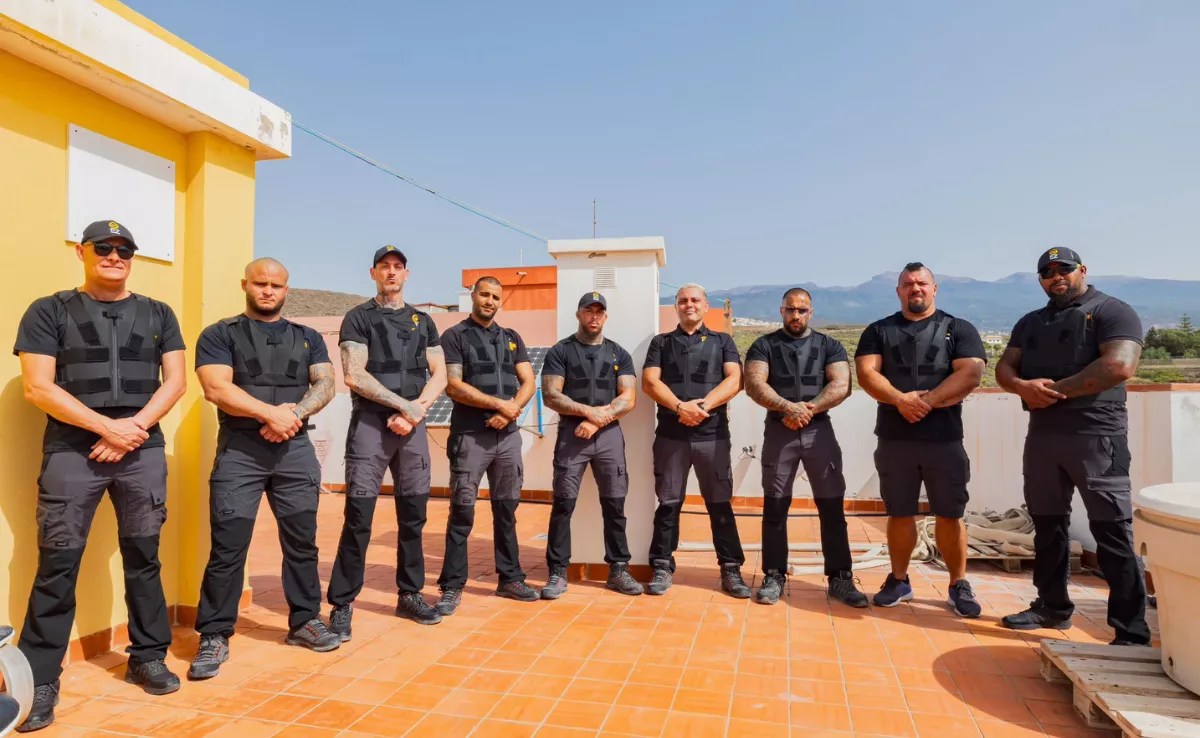SANTA CRUZ DE TENERIFE, 26 May. (EUROPE PRESS) –
The director of the National Geographic Institute (IGN) in the Canary Islands, María José Blanco, said this Thursday that “the worst” of the volcanic eruption is now in the La Bombilla area, on the coast of Tazacorte and Los Llanos de Aridane, where the emission of gases is “incompatible with life”.
In an appearance in Parliament before the island’s reconstruction commission, he commented that there is no “forecast” to know when people will be able to return to their homes because it is not known “how long it will last.”
For now, he has detailed that what they are going to do is increase the number of gas measurement stations to carry out zoning, making it clear that in Puerto Naos it is not yet possible to return to the homes, but their situation is better than that of La Bombilla. .
Blanco has also guaranteed that a volcanic eruption in the Canary Islands will “repeat” again and has predicted that at least this generation will live one more –“of course”– because the volcanic dynamics of the archipelago “will not stop” .
For this reason, he has advocated increasing the training of the population to be “more prepared”.
Regarding the eruption, he commented that what surprised them most was the “speed” compared to that of El Hierro, since the seismic crisis there began in July in the El Golfo Valley and the eruption began in October underwater to the south of La Restinga.
On the other hand, on La Palma, “day by day” the earthquakes were more and more superficial until they reached a point where they knew that it was going to be “imminent”, recognizing that it was “impossible” to determine the exact moment of the departure of washes it
He has also indicated that after each eruption “knowledge is provided for the future”, that is why El Hierro was learned and now there has been a great “consensus” in the scientific field with “everyone rowing in the same direction and without discrepancies public”.
Regarding management, he has pointed out that all natural hazards must be supervised by a national institution of reference, although research is freer and can be carried out by “anyone” and looking to the future, he has advocated implementing a Geology Degree in the Canary Islands or, failing that, a specialized master’s degree in volcanology.

















